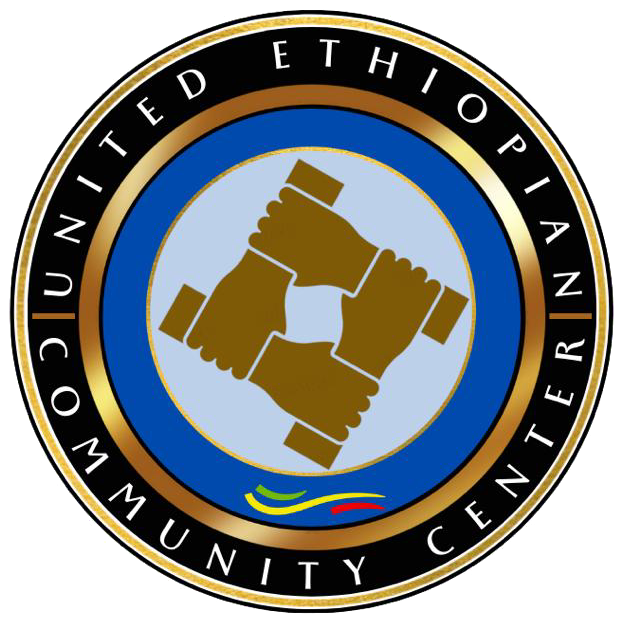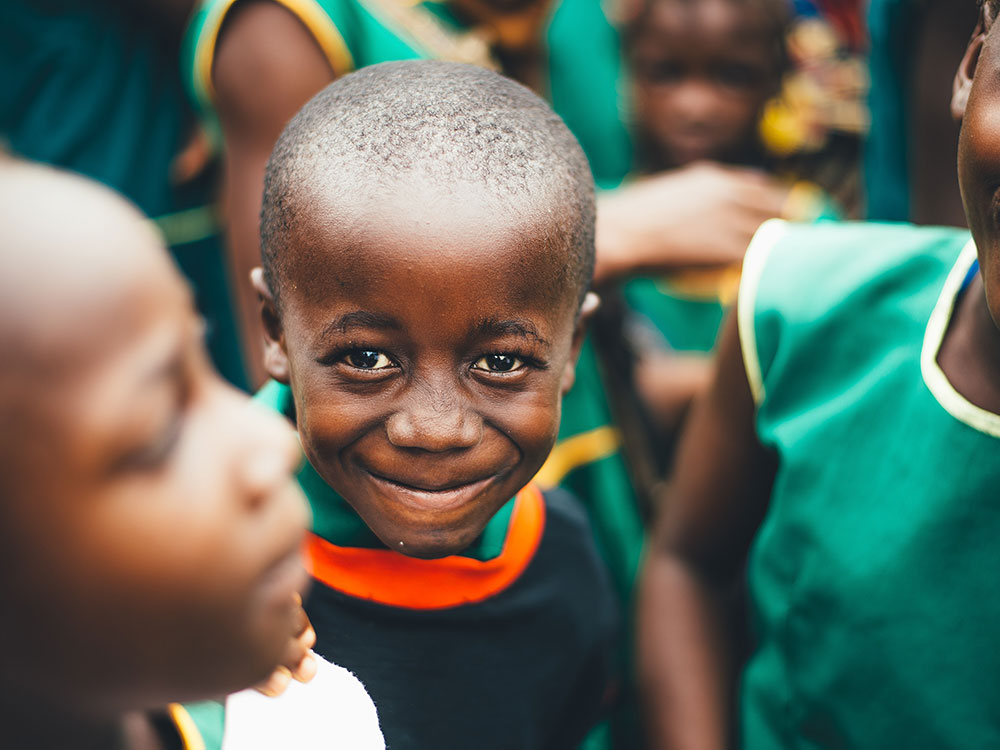Introduction
Welcome to our United Ethiopian Community Center blog, where we embark on a vibrant exploration of the rich tapestry of traditional Ethiopian festivals, holidays, and celebrations. Ethiopia, with its diverse cultures and deep-rooted traditions, boasts a calendar filled with colorful and meaningful events that reflect the essence of its people.
Enkutatash – New Year’s Celebration: Ethiopia welcomes the New Year with Enkutatash, a festival that marks the end of the rainy season and the beginning of a new agricultural year. Families come together to share special meals, exchange gifts, and embrace the spirit of renewal. The streets are adorned with flowers, and traditional music and dance fill the air.
Meskel – Finding the True Cross: Meskel, a celebration with ancient roots, commemorates the discovery of the True Cross upon which Jesus Christ was crucified. The highlight of the festival is the lighting of a massive bonfire, symbolizing the direction given to Empress Helena to find the True Cross. This joyous occasion brings communities together for prayers, feasts, and the iconic “Demera” procession. Meskel is especially a big day for the Gurages where families travel back to their hometowns to come together to share meals (primarily Kitfo and Ayib) and strengthen social bonds.
Timket – Epiphany Celebration: Timket, the Ethiopian Orthodox celebration of Epiphany, is a colorful and spiritual event. It involves the reenactment of the baptism of Jesus in the Jordan River. Pilgrims and locals gather for processions, religious ceremonies, and the blessing of water. The festive atmosphere is heightened by traditional songs and dances.
Fasika – Ethiopian Easter: Fasika, the Ethiopian Orthodox Easter, is a significant religious celebration. It involves a period of fasting, culminating in a midnight vigil on Easter Eve. Families gather to break the fast with a special meal, including the traditional dish dulet. Churches hold elaborate ceremonies, and people exchange greetings of “Melkam Fasika.”
Eid al-Fitr – Breaking the Fast (Muslim Holiday): Eid al-Fitr, a Muslim celebration, marks the end of Ramadan, the holy month of fasting. This joyous occasion is observed with communal prayers, feasting, and the exchange of gifts. Families come together to share meals and express gratitude for the blessings received during Ramadan.
Irreecha – Oromo Thanksgiving: Irreecha, celebrated by the Oromo people, is a vibrant festival expressing gratitude to Waaqaa (God) for the blessings of life. Held outdoors, participants gather at natural landmarks, such as lakes and rivers, to offer prayers and thanksgiving. Music, dance, and colorful attire characterize this celebration of unity and appreciation for nature.
Ashenda – Tigray Region: Ashenda is a unique celebration predominantly observed in the Tigray region, especially by the Tigray ethnic group. This cultural festival, often referred to as the “Tigrayan Girls’ Festival,” is marked by vibrant traditional attire, music, and dance. Young girls gather in towns and villages, celebrating their identity and heritage.
Conclusion
As we conclude our journey through these traditional Ethiopian festivals, holidays, and celebrations, it becomes evident that these events play a vital role in preserving the country’s cultural identity and fostering a sense of community. Through vibrant colors, traditional music, and heartfelt rituals, Ethiopians come together to celebrate their shared heritage and create lasting memories. Stay tuned for more insights into the rich tapestry of Ethiopian culture here at the United Ethiopian Community Center.
Melkam Addis Amet! (Happy New Year!)

